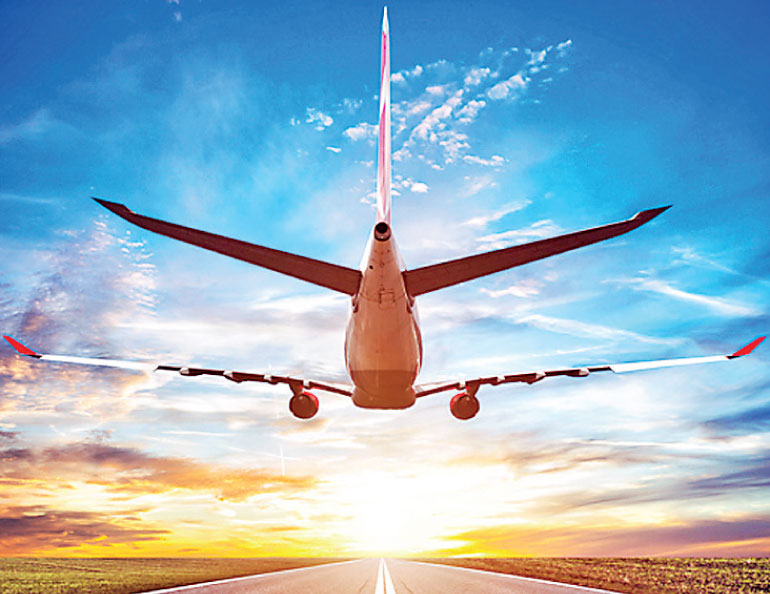Friday Feb 20, 2026
Friday Feb 20, 2026
Monday, 22 January 2018 00:07 - - {{hitsCtrl.values.hits}}

GENEVA: Middle East carriers registered the slowest year-over-year traffic growth in November, recording a 4.9% rise in demand compared to a year ago.
According to figures released by the International Air Transport Association (IATA), capacity increased 4.3% and load factor lifted 0.4 percentage point to 70.1 %.
Although year-to-year comparisons are distorted by the strong performance for the same period a year ago, the slow-down also reflects the effects of the now-lifted ban on personal electronic devices onboard, as well as a wider impact stemming from the proposed travel restrictions to the US from certain countries.
Asia-Pacific carriers posted the strongest traffic growth across all regions in November, with a 10.8% year-over-year increase, followed by European airlines and African carrier (both up 7.9%), Latin American airlines (up 7.2%), North American airlines (6.4%) and lastly Middle East carriers.
Overall, international traffic demand rose 8.1%, with airlines in all regions recording growth, led for the third consecutive month by carriers in the Asia-Pacific region. Total capacity climbed 6.6%, with load factor rising 1.1 percentage points to 78.2%.
Domestic demand rose 7.8% in November compared to the same month in 2016, up from a 7.2% year-over-year increase in October. All markets showed growth, led again by India and China. Domestic capacity climbed 5.9%, and load factor improved 1.4 percentage points to 83.6%.
According to the Iata global passenger traffic results for November, demand (measured in revenue passenger kilometres, or RPKs) rose 8.0% compared to November 2016, the fastest growth rate in five months and up from a 7.3% year-over-year rise in October.
Capacity (available seat kilometres or ASKs) increased by 6.3%, and load factor rose 1.2 percentage points to 80.2%.
“The airline industry is in a good place entering 2018. November’s strong demand gives the industry momentum. The number of unique city-pair connections now tops 20,000. Passengers not only have more travel choices than ever, the cost of travel in real terms has never been cheaper. Along with delivering great value to consumers, airlines are rewarding their shareholders with normal levels of profitability. We expect 2018 to be the fourth year in a row where the industry’s return on invested capital will exceed the cost of capital. In sum, we begin the New Year with confidence,” said Alexandre de Juniac, IATA’s Director General and CEO.
“Challenges, however, remain. Security threats continue. Infrastructure issues persist. Fees and charges are a growing part of the cost base; and in many cases airports and air traffic management struggle to keep pace with demand and technology advancements. These and other challenges can only be addressed in partnership with governments. And doing so requires governments to recognise the enormous value that aviation—the business of freedom—provides to their economies and the world,” said de Juniac.